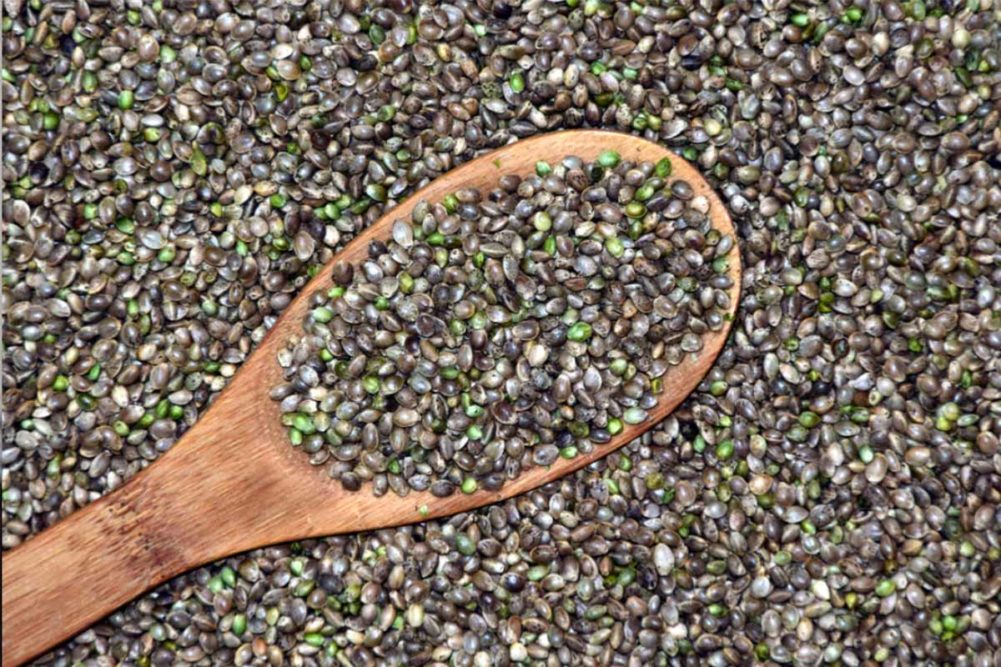FORT COLLINS, COLO. — On March 1, the Hemp Feed Coalition (HFC) released a response to the Association of American Feed Controls Officials’ (AAFCO) letter on hemp-based ingredients, urging agricultural leaders and policymakers to support the research and education for hemp in animal and pet food products.
The letter, led by AAFCO and released on Feb. 9, was signed by the American Feed Industry Association (AFIA), the Pet Food Institute (PFI), as well as 14 other industry organizations.
The HFC is a non-profit with members from animal feed, animal supplements, feed analytics, veterinary science and hemp industries. The coalition’s goal is to bring safe and nutritional hemp-based ingredients to feed production, focusing on hemp grain and hemp seed meal. A byproduct of the seed after the oil has been extruded, hemp seed meal is a nutritious protein supplement, according to the HFC.
The organization reported it has supported and submitted various applications to both AAFCO and the US Food and Drug Administration’s Center for Veterinary Medicine (FDA-CVM) for using hemp ingredients in animal and pet foods. The FDA has found that hemp grain products are generally regarded as safe (GRAS) for human consumption and have been established to not contain cannabinoids.
In 2020, the HFC submitted an animal feed ingredient application, “Hemp Seed Meal, for Laying Hens”, to FDA-CVM, which found that the eggs from hens have nutritional benefits and do not have any cannabinoid transference, safety concerns nor impact on the hens or their eggs. According to the HFC, FDA-CVM rejected and sent back the application, requesting more lab analysis with lower levels of cannabinoid detection. HFC recently reran its analysis and sent the requested information back to FDA-CVM, which is currently under review.
“This request for lower levels of detection of compounds that are physiologically not produced in the ingredient is why HFC and the industry at large continues to be frustrated with bureaucratic hurdles,” said the HFC’s statement.
The continued requests for more lab analyses have also become a problem regarding cost. Each feed application costs about $250,000, requires many years to complete and is specific to an ingredient and species. For the HFC, the application price and lengthy process means millions of dollars and decades before hemp may be seen in the greater feed market.
As well as striving to place hemp in the market, the HFC also prioritizes animal health and safety when using hemp-based ingredients. In December 2021, the coalition requested to join AAFCO’s Hemp Committee to share its research and data with the organization. However, AAFCO denied the request and soon after released its Feb. 9 letter.
“This release paints the industry with an overly broad brush, conflates hemp grain with cannabinoids, and sets back years of progress the industry has made in educating the traditional agricultural world and policymakers about the highly nutritious value grain brings to animal feed and the farm,” HFC said.
As well as nutritional value and safe quality, the HFC cites the global market and US farmers as other reasons why hemp-based ingredients should be quickly approved.
“Although we objectively appreciate and respect the current regulatory path to approval for hemp grain as an animal feed, it is crucial state policymakers understand their ability to move much quicker than the federal government to ensure our farmers have a chance to compete in the national and international feed markets,” HFC explained.
Stay up to date on the latest pet food processing industry headlines on our News page.



